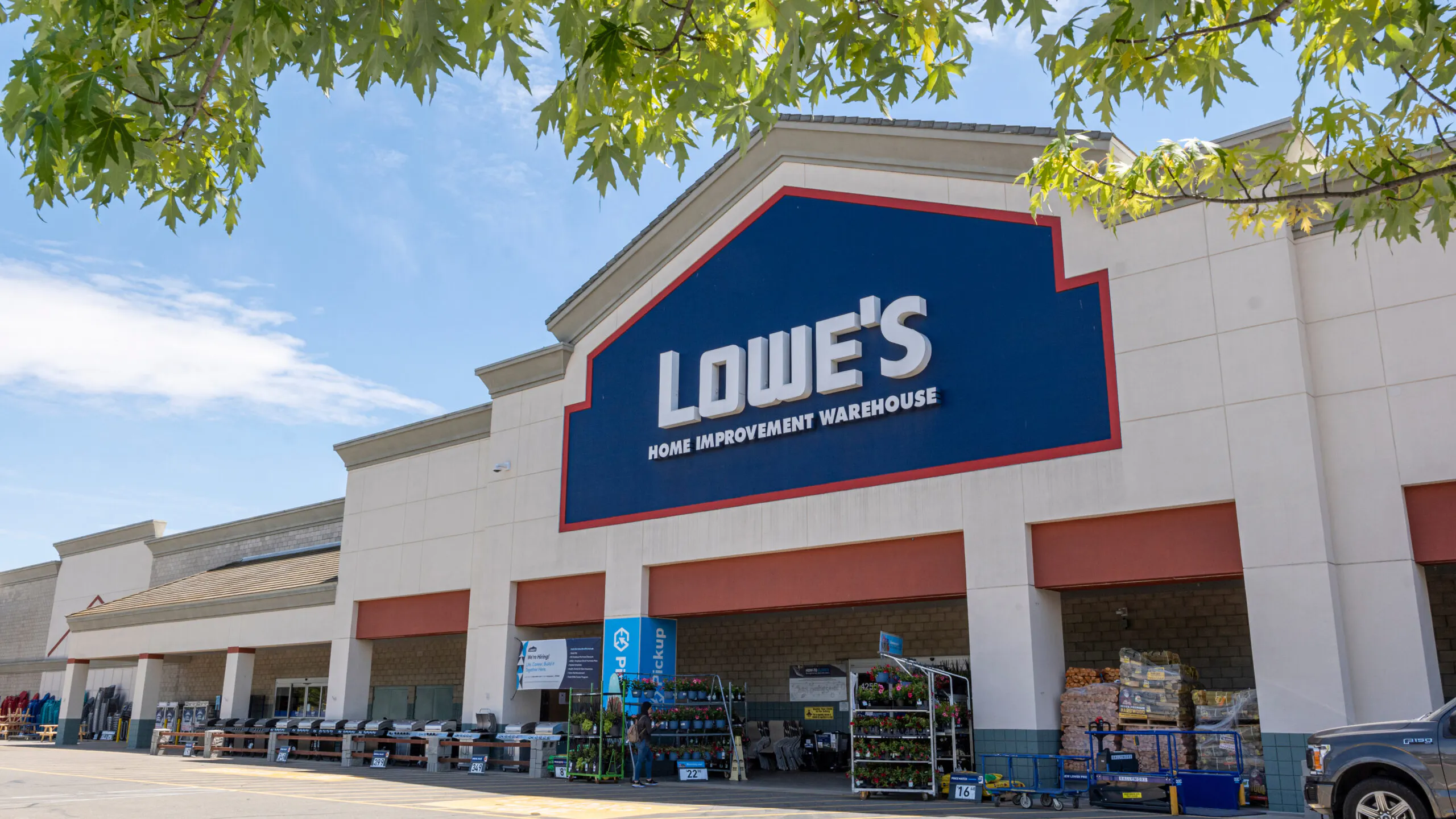Lowe’s successfully tested a mechanism to track and lock items with low-cost radio frequency identification chips such that power tools and other equipment will not function if they are stolen.
Thefts executed by packs of robbers have garnered public attention during the crime wave of the past three years, with some retailers and convenience chains spending millions on new security measures or closing locations in dangerous cities.
Lowe’s has introduced Project Unlock, which uses blockchain and RFID technology to render tools “inoperable and virtually worthless” if they are stolen from one of the home improvement store’s locations.
“At the store, a customer takes the product to the register, gets the barcode scanned, and pays,” according to a webpage from Lowe’s Innovation Labs. “A point-of-sale RFID scanner reads all tags in range, finds the tool with the correct serial number, and writes a unique secret key value that activates the tool for use. Only products that are legitimately purchased are activated. If a power tool is stolen, it won’t work, which makes it less valuable to steal.”
Lowe’s Chief Digital and Information Officer Seemantini Godbole remarked during an interview with Fox Business that other solutions to prevent organized retail theft, such as locking down shelves, ultimately disrupt “an enjoyable experience that customers rightfully should have.” The process offered by Project Unlock is “invisible” for customers, who should “not even know that there’s anything extra happening.”
“As you can see, all the retailers are locking down stuff and putting physical locks on the product,” she commented, adding that word will spread among thieves “pretty quickly that stealing these tools this way is not worth it because it’ll never work.”
Retailers reported a 26.5% increase in organized retail crime last year, according to a survey from the National Retail Federation, while nearly 90% of respondents said that the phenomena of the past three years increased risk for their businesses through higher levels of violence, shoplifting, employee theft, and organized theft. Target CEO Brian Cornell revealed last year that organized retail crime has required the company to increase security spending.
“This is an industrywide problem that is often driven by criminal networks, and we are collaborating with multiple stakeholders to find industrywide solutions,” Target CFO Michael Fiddelke added. “For example, because stolen goods are often sold online, Target strongly supports the passage of legislation to increase accountability and prevent criminals from selling stolen goods through online marketplaces.”
Trade associations such as the National Retail Federation and the Chamber of Commerce have rallied companies to support multiple laws that would increase federal resources devoted to preventing the trend. While the Combatting Organized Retail Crime Act would enable coordination between law enforcement agencies and businesses, the INFORM Consumers Act would discourage the resale of stolen goods online by requiring verification for high-volume third-party sellers on platforms such as Facebook Marketplace.
The robberies occur as some local officials deemphasize the prosecution of minor offenses. California is one of several states that have loosened consequences for small-scale shoplifting, as residents approved a ballot measure in 2014 that only prescribes misdemeanor penalties to nonviolent property crimes in which the value of stolen goods does not exceed $950.

.png)
.png)

